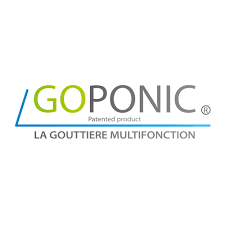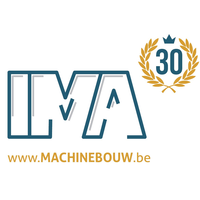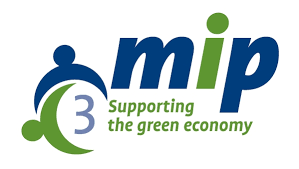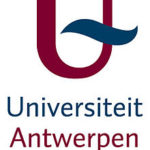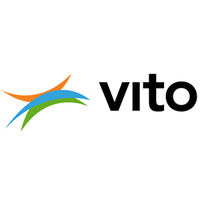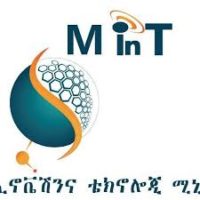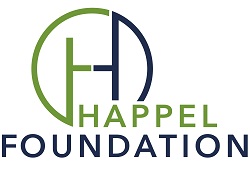
Tridealhouse, a sustainable solution for slum dwellers to acquire and finance their own food-producing house to help break the poverty cycle
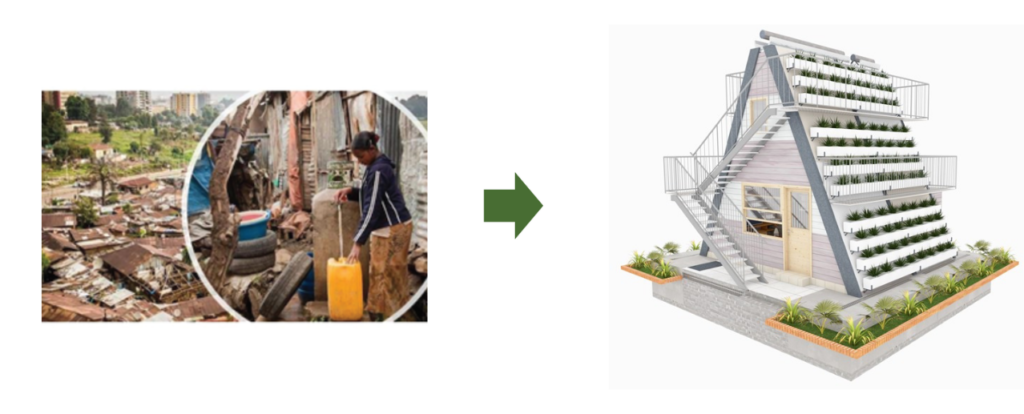
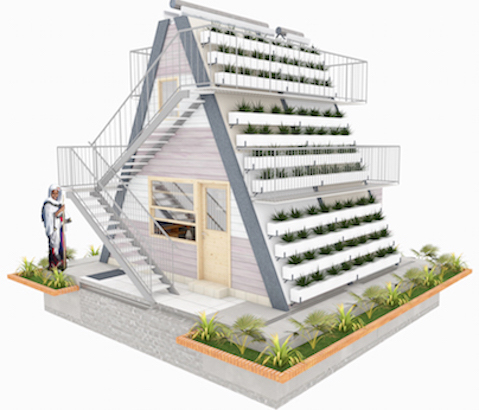

Many appropriate technologies, among which:
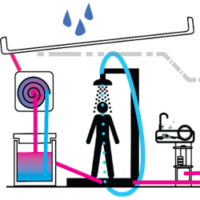
Recirculating Shower
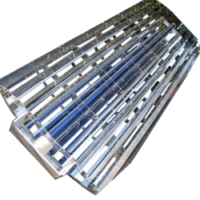
Solar Sanitary Water Heater
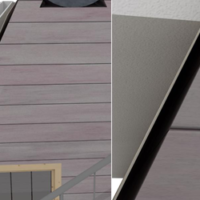
Attic Ventilation
Tridealhouse meets the five needs defined by UN-Habitat to solve the slum challenges… and more
Challenges as defined by
UN-Habitat
Tridealhouse solutions
1. Access to improved
drinking water
Collecting rainwater.
Over 30 m2 footprint in water tanks near or under the house. Water tanks 18 m3. Sand filter and ceramic filters.
2. Access to improved
sanitation facilities
A toilet and shower.
Oxfam tigerworm toilet model, connected to a septic tank under the house. Common biogas tank to compost the material. Recirculating shower.
3. Durability of housing
50 to 80 years durability.
Minimal maintenance. Becoming a pension insurance for the poorest. Protecting from all adverse climate conditions.
4. Sufficient living area
32 m2 living space.
27 m2 footprint, 2 sleeping mezzanines and a 2 m2 toilet/ shower box
5. Secure Tenure
Not bound by ownership of the land.
Land-ownership can be replaced by ownership of the components on land of the government.
and more…
creating an urban farming micro-job with food production.
The house produces food and more.
1/3 of food own use, 2/3 for local exchange and revenue generation. Combining a micro-job with caring for the children and elderly. Sustainable utilities.
Tridealhouse: achieving poverty reduction through urban food production
Tridealhouse is the only sustainable and climate-resilient house that finances itself by own food production. The triangular house provides urban farming on the slopes, equivalent of a ~ 90m2 of hydroponic agricultural area, and micro-lifestock in the cellar.
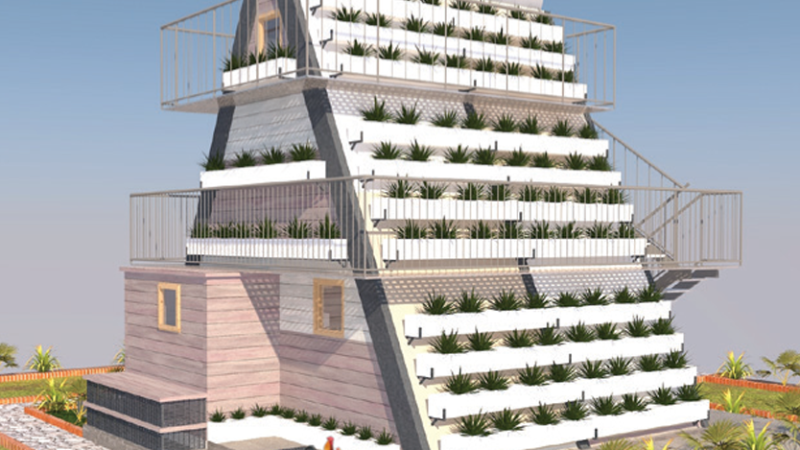
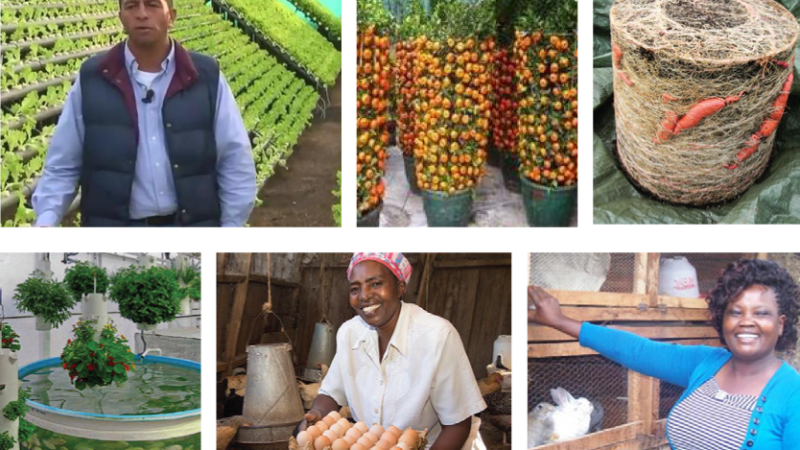
Any slum family can afford to finance a Tridealhouse!
It produces ~ 800 US$ annual cash + 1/3 own food
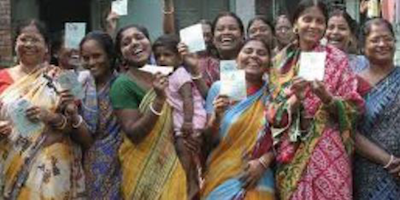
++ 20 $ monthly savings on rent
++ 10 $ monthly savings on charcoal
++ 60 $ monthly revenues on food sales
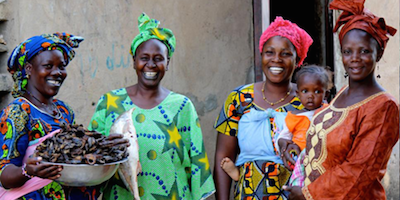
800 $ to 1100 $ yearly
net repayment capacity + $ +
extra food left for living
Tridealhouse can be repaid even by the poorest in ~10 years with adapted micro-financing, support and monitoring mechanisms
Tridealhouse fulfills 12 of the 17 Sustainable Development Goals
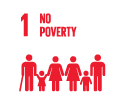
No Poverty
Tridealhouse provides a micro-job and micro-income on the house itself
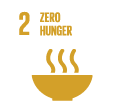
Zero Hunger
Tridealhouse provides more and better urban food (vegetables, fruits and small animals)
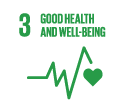
Good Health and Well-being
Tridealhouse creates a healthy and happy environment

Gender Equality
Tridealhouse specifically empowers women and children

Clean Water and Sanitation
Tridealhouse fulfills WASH needs, it collects the rainwater in 18 m3 foundation tanks

Affordable and Clean Energy
Tridealhouse offers solar sanitary hot water + small solar LEDs

Decent Work and Economic Growth
Tridealhouse provides a fulfilling micro-job and creates micro-economic communities

Reduced Inequalities
Tridealhouse empowers the poorest, provides the elderly with a pension and food security

Sustainable Cities and Communities
Tridealhouse makes cities more sustainable and brings urban farming in cities

Responsible Consumption and Production
Tridealhouse empowers local communities

Climate Action
Tridealhouse is climate resilient and climate-friendly

Partnerships to achieve the Goals
Tridealhouse mobilizes academics, government, civil society, industry, ODA, UN and impact financiers
Eight dimensions for local and global outreach
Price per house = 11.000* US$
Generating 600-1200 US$/year
*at industrial mass production
Modular system
Onsite assembly in one day
Durability > 80 years.
Minimum maintenance.
Conforming to building codes
Urban farming
Inclusion of SDG/ Sustainable utilities
Social engineering
75% of materials sourced
nationally or regionally.
Innovation & technology transfer
Cooperation with Government, ODA, EIB,
WB, UN, Universities, R&D industry,
Impact Investors
Production of modules in peer-supported
factories. Focus on
training, productivity, quality
Industrial production in state-of-the-art concrete precast, steel profile, HPL and PE/PVC factory cluster
Tridealhouse is cooperating with leading industries and research centers who share their best production know-how and technologies:
- to achieve the highest efficiency of production,
- to make high quality Tridealhouses at lowest costs, affordable to the poorest,
- to establish local industrial capacity and use as much local resources as possible to have highest impact on SDG
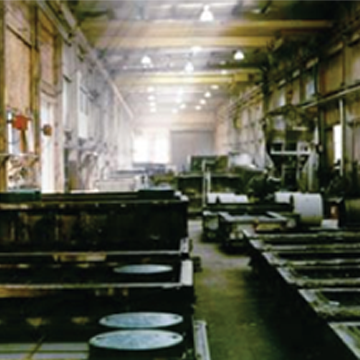

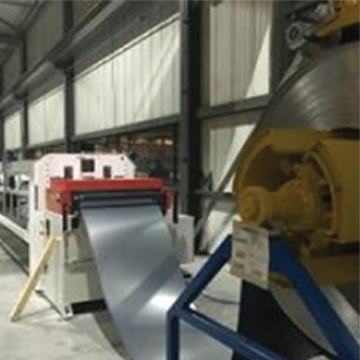
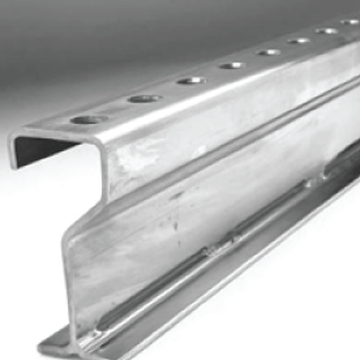
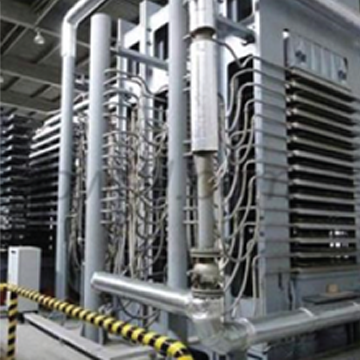
500 local jobs to produce 10,000 Tridealhouses per year/ factory
Tridealhouse has an open, transparent “SDG industry” cooperation model. The Tridealhouse humanitarian-social and industrial-economic model has grown out of a concept of a “basic needs industry” or “SDG industry” that was inspired by James Grant, DG of UNICEF 25 years ago. Tridealhouse builds on, and integrates the knowledge and best practices of 15 UN and related organizations.
Vaccines can be produced with small fixed profit margin for mass vaccination of all children. The basic SDG needs of all slum dwellers can be met by cooperative industrial production of sustainable houses in which 12 of 17 SDG are integrated. This can be achieved in cooperation with leading industries, research centers, governments, ODA/UN agencies and foundations/ impact investors. We invite all to join.
Meet The Team
Dr. Michel Loots
Founder & CEO of TridealhouseRoger van Praet
CFOFasika Kelemework
Director Ethiopia/AfricaAlice Ostyn
Assistant DirectorMebratu Hassan
Lead ArchitectEllen Lejeune
Product DeveloperTridealhouse is a vaccination against poverty!
Tridealhouse is proud and thankful for the collaboration with the following industrial & research partners, and supporting organisations





